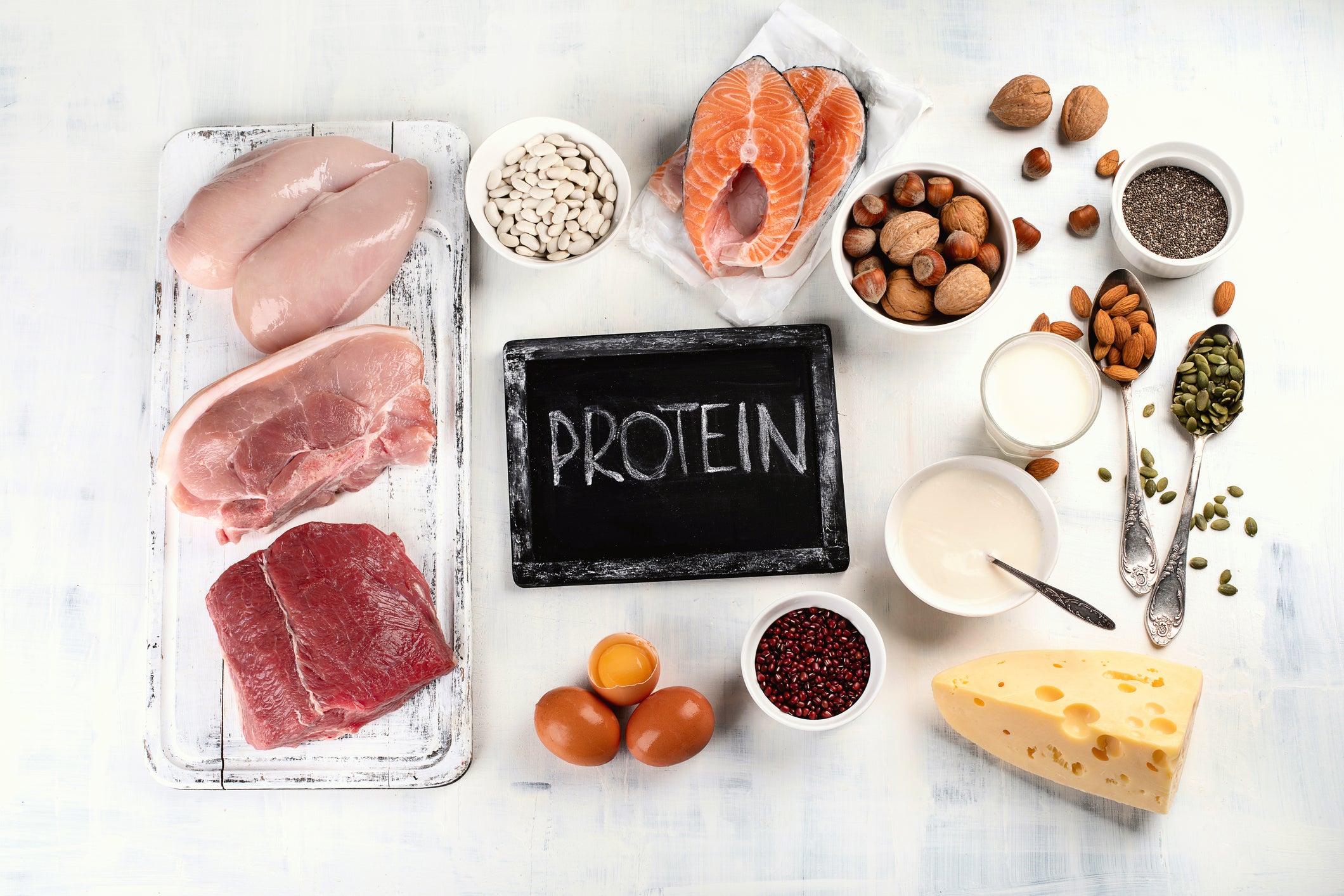
Each macronutrient has a vital role to play in your diet. Carbohydrates are a great source of energy. Complex carbohydrates are especially important since they provide energy over a longer period of time and are more likely to have higher fiber levels too. Fat is another great energy source and is also essential for the optimal absorption of certain vitamins. Then there’s protein. Among other things, protein provides the building blocks necessary to build and repair muscles. If you need more protein in your diet but don’t want to add tons of calories while you’re at it, there are some easy ways to do that.
Eat Lean Meat
Meat is one of the most common and popular sources of protein. While there are benefits to consuming plant-based sources of protein, meat protein is easier to digest. That said, not all meat is created equal, especially if your goal is to increase your protein intake without significantly increasing your caloric intake. Choose lean meats like skinless chicken and turkey, pork with the fat trimmed off, and lean cuts of beef.
Eat Eggs
Eggs are a great source of protein. One large boiled egg offers 6 grams of protein and 78 calories. Most of those calories aren’t from the egg’s protein content–only 24 of those calories are protein. To get the protein from eggs without all those extra calories, try sticking with egg whites instead of the whole egg. Egg whites give you 4 extra grams of protein without a ton of calories. The egg whites from one large egg offer about 17 calories, a much higher protein-to-calorie ratio.
Eat Low-Fat Dairy
Diary is another popular source of protein. Like eggs and certain meats, they can be higher in fats as well, which can easily add a bunch of calories to your diet. Avoid this by choosing low-fat dairy products. Choose reduced-fat or no-fat milk and cheese to increase your protein intake without all the extra calories. Are you lactose intolerant? No need to worry–you can still enjoy the benefits of consuming protein through dairy. Talk to your doctor about trying a lactase supplement. This supplement provides you with the enzyme necessary for your body to digest lactose, minimizing the negative side effects that come with lactose intolerance.
So how much protein should you eat every day? The answer depends on how much you’re using your muscles. The average person should get about 10%-35% of their calories from protein. Aim for about 0.8 grams of protein per kilogram of body weight if you’re sedentary. If you’re over 40 years old, exercise regularly, or lift weights, increase your protein intake to 1-1.7 grams of protein per kilogram of body weight. That way your body will have the fuel and building blocks it needs to maintain your muscle mass.
Did you enjoy this article? Here’s more to read: How to Get More Healthy Fat in Your Diet







